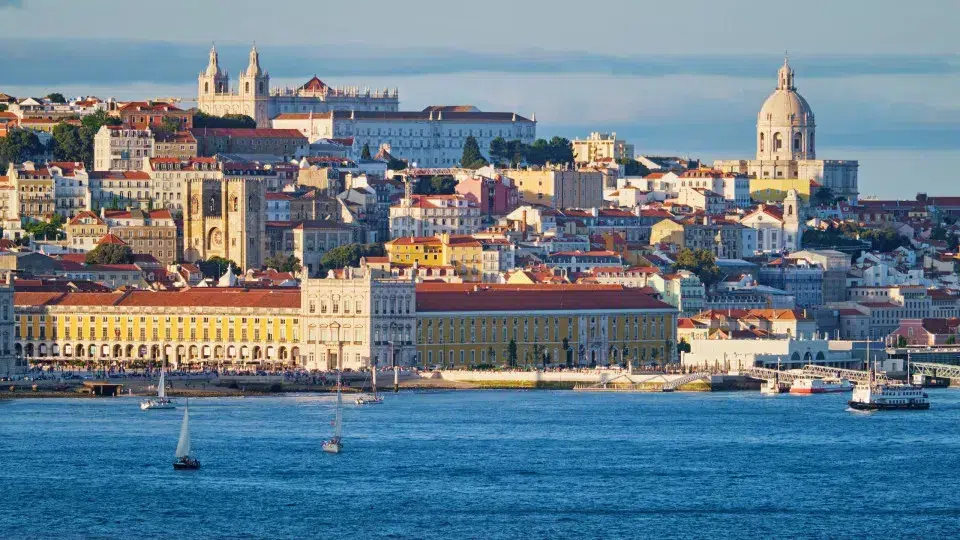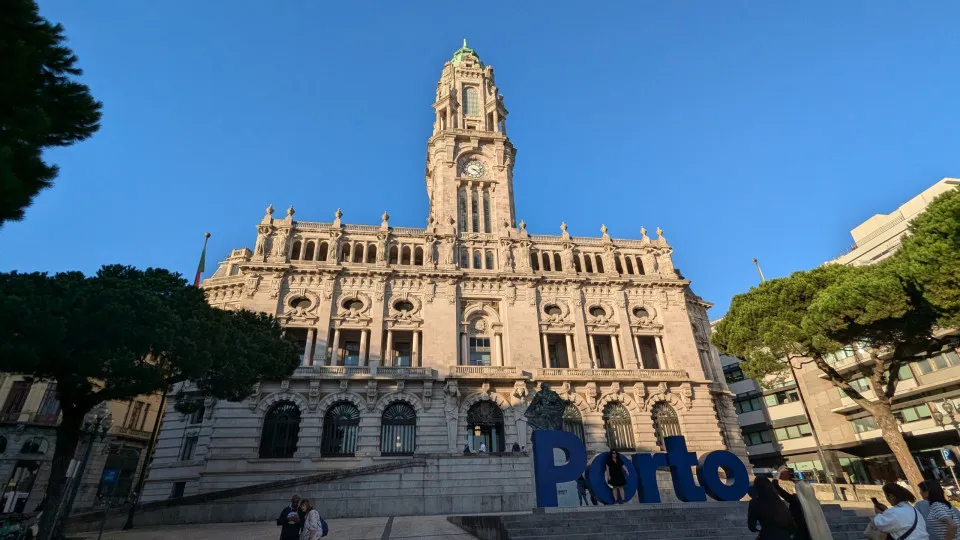
The Association of Residents and Friends of Santa Maria Maior has filed a complaint with various entities, including the Lisbon City Council (CML), the Maritime Police, and the Lisbon Port Administration, urging the implementation of noise mitigation measures to ensure the right to rest.
In response, CML acknowledged receiving “complaints from residents about noisy activities along the riverfront.” However, it noted that “the movement of these vessels on the Tagus River with sound equipment in operation is not subject to municipal licensing and falls under the oversight of the Maritime Authority.”
In contrast, the Lisbon Maritime Police, under the Maritime Authority, clarified that noise monitoring does not fall within their jurisdiction but is the responsibility of the municipal councils, “under the General Noise Regulation.”
“The Lisbon Maritime Police Command conducts various inspections on different matters. Regarding noise, the Maritime Police does not engage in measurement techniques for the issuance of violations, as it is not within their jurisdiction,” a spokesperson stated to Lusa, revealing that since 2023, 62 inspections of maritime-tourist vessels were conducted, detecting 20 infractions, none of which were noise-related.
From 2023 to the present, among the 11 municipalities within the operational area of the Lisbon Maritime Police Command—Oeiras, Lisbon, Loures, Vila Franca de Xira, Benavente, Alcochete, Montijo, Moita, Barreiro, Seixal, and Almada—”seven complaints related to noise from recreational boats were received.”
On another note, CML mentioned that in March, it held a meeting with the Lisbon Port Administration (APL), addressing the residents’ association’s complaint, aimed at “strengthening control and mitigation mechanisms for noise resulting from port and maritime activities.”
APL, responsible for licensing maritime-tourist operators, disclosed that the regulation in this domain is “under review, set to incorporate the Code of Conduct for Maritime-Tourist Operators on the Tagus River,” developed by “a multidisciplinary working group,” established in 2024, to “explore ways to mitigate the impacts of increasing maritime-tourist activity on the Tagus and ensure harmonious coexistence among various river uses.”
“The regulation expressly includes the need to prevent and reduce noise impact associated with vessel operations,” APL reported, specifying that “noise from music or other sounds should be reduced upon entry, during stay, and upon departure from docks.”
To Lusa, APL also emphasized its “close collaboration” with other competent authorities, “including the Maritime Police and Municipal Police, within their respective roles and responsibilities for monitoring temporary noisy activities.”
The Association of Residents and Friends of Santa Maria Maior, representing about 300 people, has been reporting the noisy activities caused by recreational boats “cruising up and down the Tagus River as floating nightclubs,” operating both day and night, including between 1:00 AM and 4:00 AM, with hundreds of people on board, disturbing those living near the riverbanks.
To ensure the right to rest, residents urge that vessels should turn off music when approaching docks and while moored awaiting passenger boarding or disembarkation and adhere to sound limits set by the General Noise Law, especially during nighttime.
Another concern involves “noisy events” licensed outdoors in public spaces, with the residents’ association criticizing “a culture of noise due to the inaction and lack of oversight by CML,” as restaurants and bars play music with open doors and speakers outside to attract clientele: “There is a climate of impunity. As no one is sanctioned and inspections are lacking, the problem escalates.”
Consequently, residents are preparing a new complaint to the Attorney General’s Office regarding non-compliance with the General Noise Law concerning time schedules and sound limits. The first complaint was lodged in 2024, but proceedings against CML could not advance due to lack of evidence. The association has now raised funds among residents to hire a certified company for acoustic measurements.
In response to Lusa, CML highlighted its analysis of licensing requests, “imposing technical requirements to ensure compliance with existing noise environmental legislation.”
The municipality noted a decrease in licensed events with sound amplification in the Doca da Marinha area, stating that only one event, the Santos Populares, was licensed this year by CML from June 5 to 21, and it is unknown if the Santa Maria Maior Parish Council licensed others.




